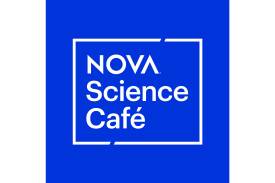Organ transplantation is a miracle of modern science and medicine, and the need for donor organs is greater than ever. As of April 2018, there were more than 114,000 people on the U.S. waitlist for an organ transplant, and each day, 20 people die waiting for a transplant. In this talk, Dr. Korkut Uygun, Director of the Organ Reengineering Lab at Massachusetts General Hospital, will discuss the current needs and challenges of organ transplantation and the exciting new research directions that are currently underway to recover unusable organs for transplantation. After his presentation, Dr. Uygun will be joined by his colleagues Dr. Heidi Yeh, Surgical Director of the Pediatric Transplant Program at Massachusetts General Hospital, and Dr. Basak Uygun, Assistant Bioengineer at Massachusetts General Hospital, to answer audience questions about the organ transplant process, and the newest research on organ reengineering. NOVA's newest film [Transplanting Hope](http://www.pbs.org/wgbh/nova/body/transplanting-hope.html "NOVA - Transplanting Hope"), will be broadcast on September 26, 2018 on PBS.
Partner:
NOVA Science Café
